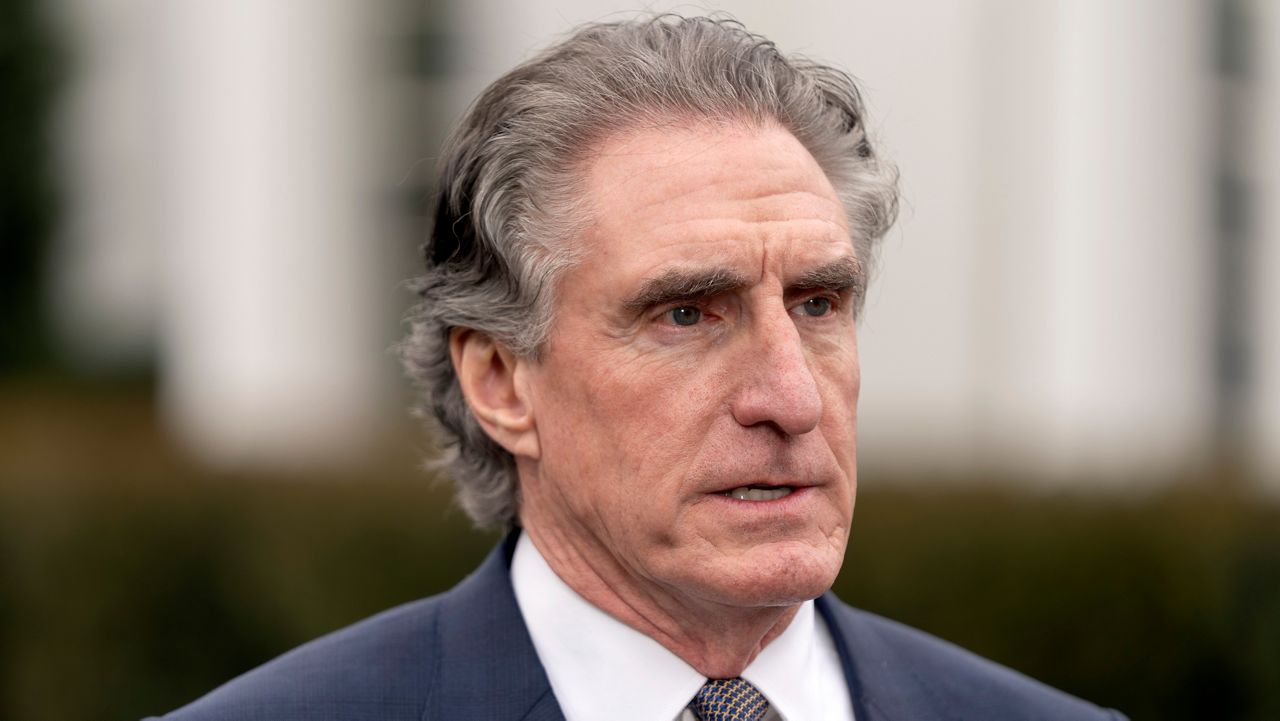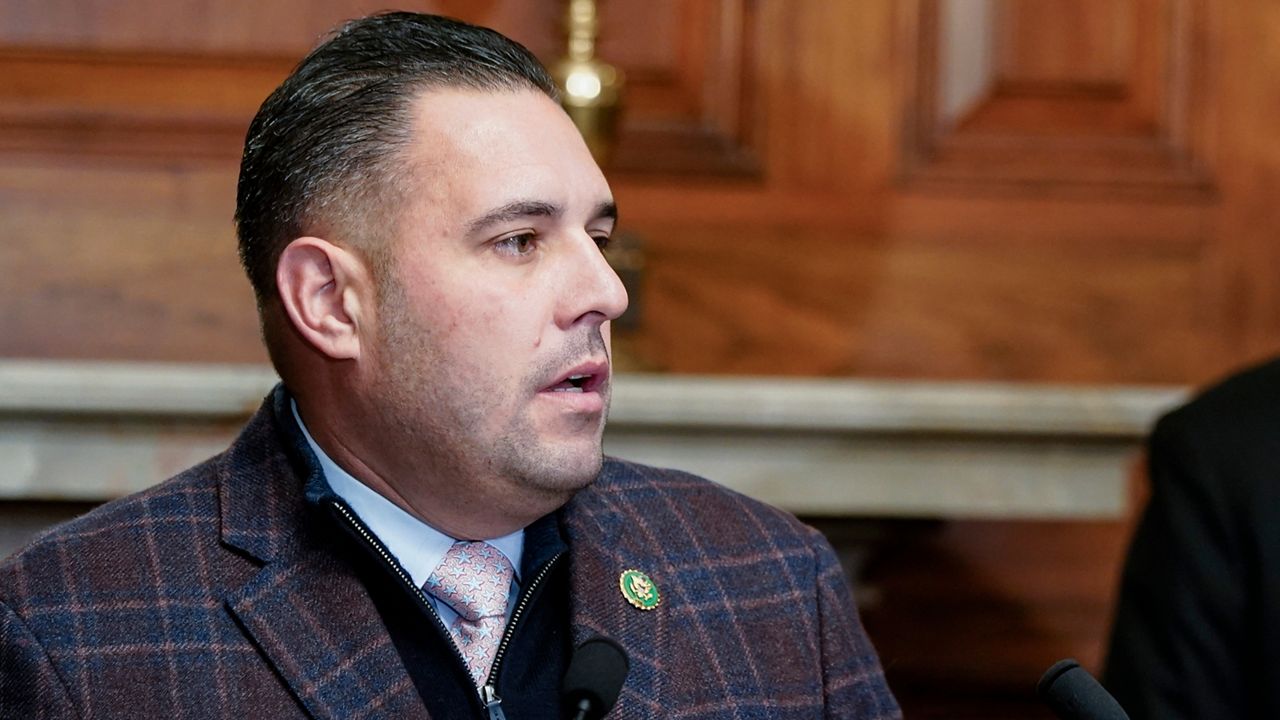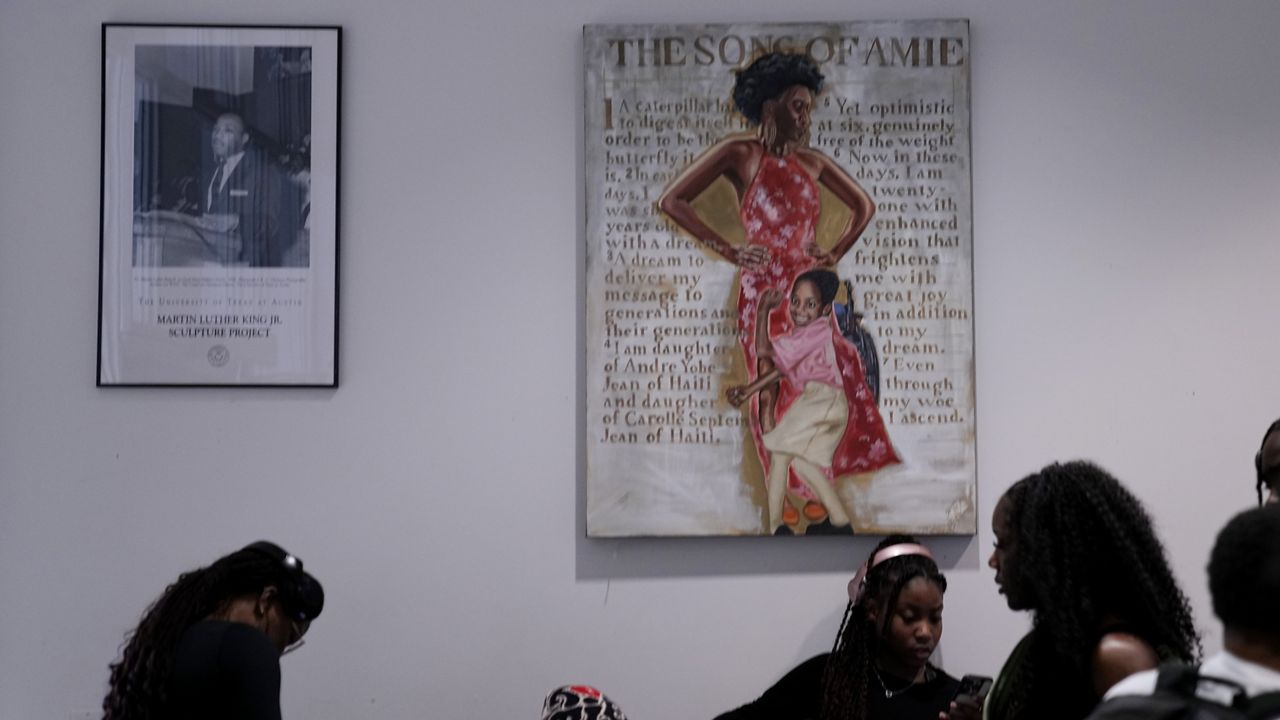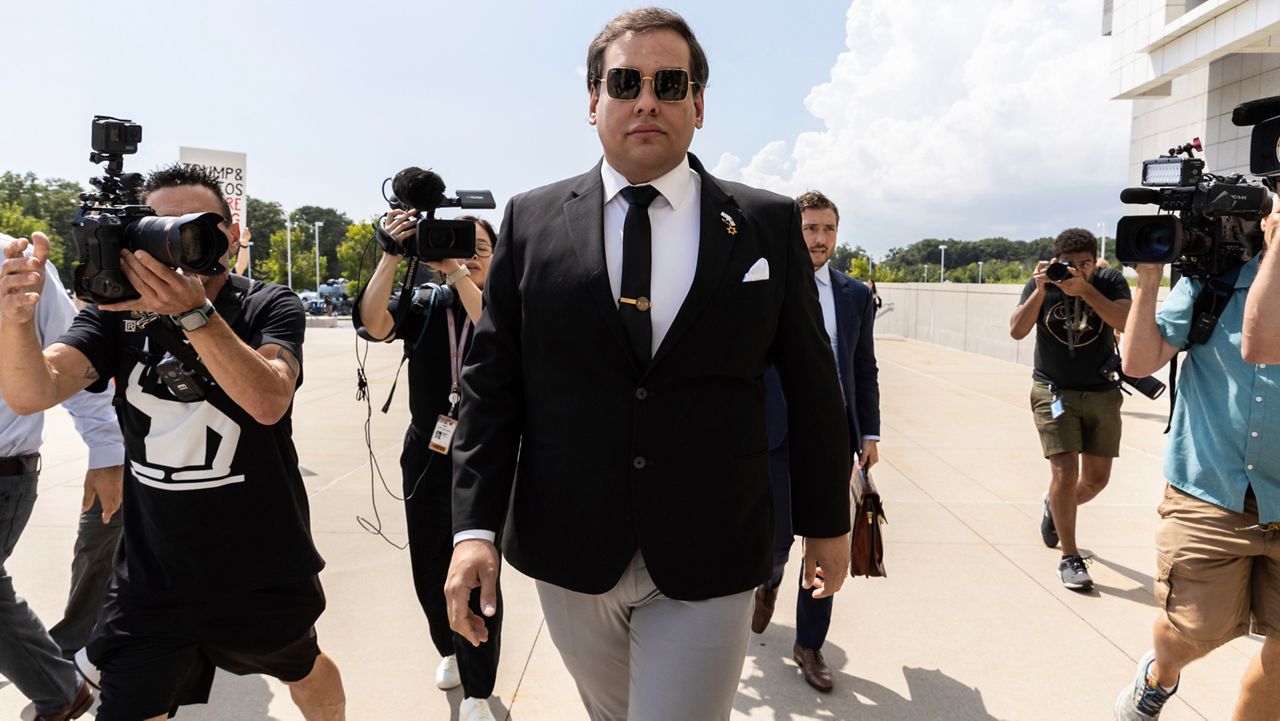The 10-second audio recording that surfaced last month was jarring, featuring what sounded like Manhattan Democratic party boss and former state Assemblyman Keith Wright disparaging Harlem Assemblywoman Inez Dickens.
“Yeah, she’s not running. She’s done. I dug her grave, and she rolled into it,” the recording said. “Lazy, incompetent. If it wasn’t for her, I’d be in Congress.”
Only the recording was fake.
In an interview this week, Wright described his reaction. “It hit me like a two-by-four,” he said. “I mean, I was in shock.”
It was presumably a political dirty trick meant to influence the race for Dickens’ seat, a race that includes Wright’s son, Jordan — though Dickens herself has since announced she’s retiring.
So-called deepfakes have already surfaced in the presidential race, where a robocall in New Hampshire mimicked President Biden’s voice, telling primary voters to stay home.
“Your vote makes a difference in November, not this Tuesday,” the call said.
Last year, a pro-Ron DeSantis ad featured AI-generated fake images of former President Trump embracing Anthony Fauci.
But the Keith Wright deepfake is perhaps the most notable to hit New York’s political world. He says he sent a cease-and-desist letter to the platform hosting the recording.
“It’s just something that’s very, very dangerous,” he said. “It’s almost like a nuclear bomb that people are able to use. And number one, it needs to be regulated. Number two, at this moment in time, it’s like the Wild Wild West.”
“This is identity theft on steroids,” Queens Assemblyman Clyde Vanel said, who’s been pushing a variety of AI-related legislation.
Vanel has been effective in raising awareness of AI’s capabilities. Last year, he introduced a bill related to tenant rights that was written by artificial intelligence.
The bill included this disclaimer: “This bill and its memo were researched and written by artificial intelligence, with the accuracy and language reviewed and refined by humans.”
“I asked the program, ‘Find a gap in New York state laws, and write a law to fill that gap,’” Vanel said.
Vanel also produced a deepfake of himself announcing a bill that would pay every New Yorker $5,000 a month.
“We really are moving into, I think, the deepfake era in American campaigns,” Daniel Weiner, director of the elections and government program at the Brennan Center for Justice at NYU School of Law, said.
Deception in politics is nothing new; the difference now is easy access to powerful AI tools.
“It doesn’t take, you know, fancy technology or a lot of sophistication now to create a reasonably convincing deepfake,” Weiner said. “That’s new. And that takes some of these problems that we’ve been confronted for a while and kind of supercharges them.”
Not everyone is so troubled. Last year, Mayor Eric Adams revealed the city had made AI-generated robocalls featuring his cloned voice speaking in foreign languages.
Adams said he was putting AI to good use, helping reach underserved New Yorkers.
“This is some amazing technology that we need to wrap our heads around and not be afraid of,” he told reporters in October.
Increasingly, elected officials are also using AI-generated content in fundraising emails, social media posts and other materials.
Brooklyn City Councilwoman Susan Zhuang, whose first language is Mandarin, used AI to answer questions from the publication City & State New York, which later added this editor’s note: “After publication, Zhuang admitted this response was written using artificial intelligence. City & State expects respondents to answer questions in their own words.”
For now, while a number of AI-related bills have been introduced in Albany, no laws currently exist in New York or on the federal level regulating the use of deepfakes in politics.
“The chances are very great that one will never, ever find out who was responsible,” Wright said. “It’s almost like a technological hit and run. With no recourse.”
Gov. Hochul last month announced plans to make New York a hub of AI research and innovation with the help up to $275 million in state funding, but she has so far not weighed in on the need for more regulation of political deepfakes.









